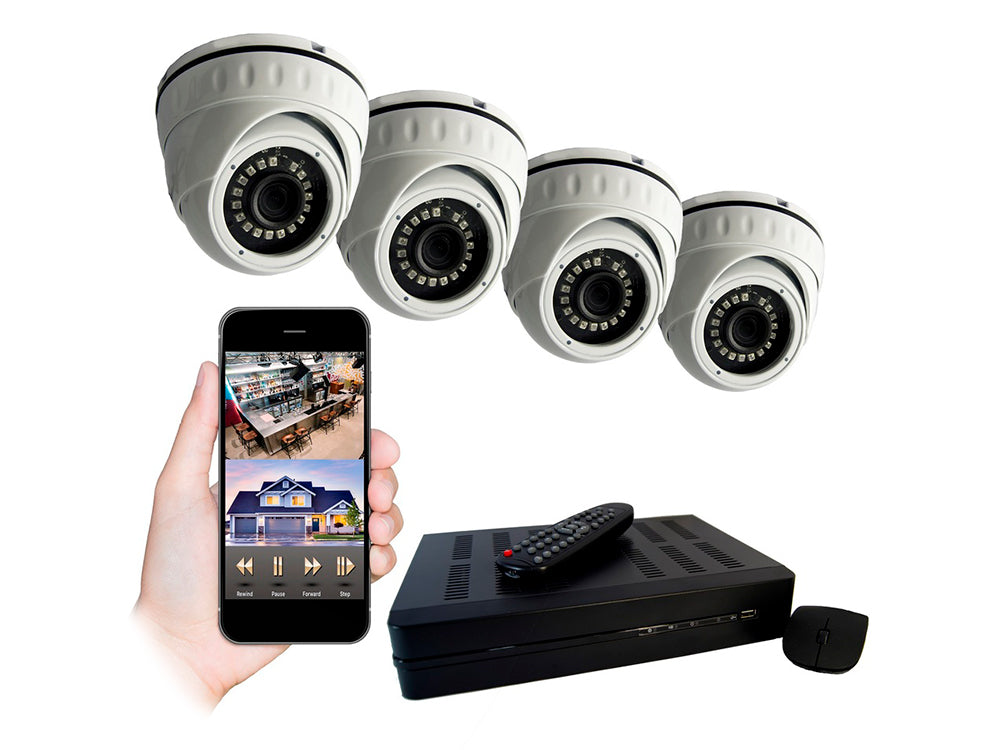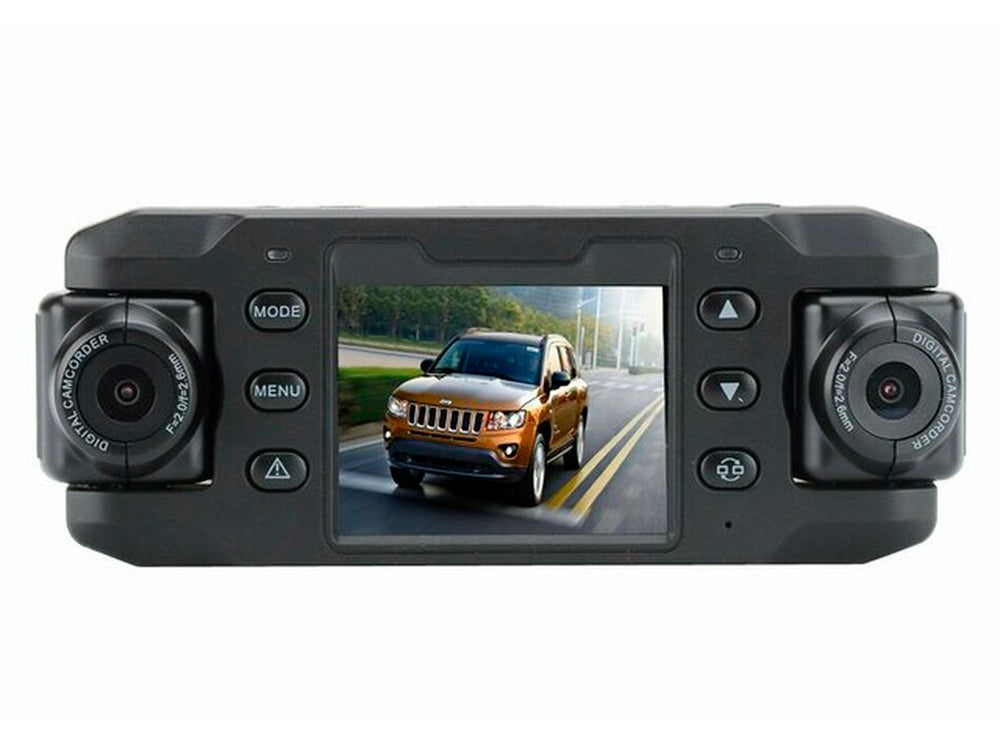Wireless cameras and wired cameras have both their pros and cons, but in Spy Spot's opinion the cons of wireless cameras outweigh the pros. The biggest benefit of having a wireless camera is that the installation is generally easier. It doesn't require running cables through attics or walls and all it requires is a power source. All that is required is mounting the camera and connecting it to power.
Several problems exist with wireless cameras. One main issue is picture quality, since generally the resolution is less than 702x480. Generally, homes and businesses would want high end 1080P HD camera systems, which is difficult to find with wireless cameras. Another issue is that wireless systems are normally found on the 2.4ghz spectrum. This causes a lot of interference since several devices share the same frequency such as microwave ovens, car alarms, Bluetooth devices, baby monitors, and more. This in turn leads to lost signal, lost video, and dropped signals. Video quality and reliability are two key components that are difficult to achieve with wireless camera systems.
Wired camera systems are the recommended method for installing security cameras. The main pro is that the resolution of video is top quality with full 1080P high definition. Other pros include no interference from other devices and that everything can be centrally located to a DVR system. Wired camera systems provide a wider range of cameras such as manual zoom and pan tilt cameras. Also, power supplies support up to 16 channels, so it is possible to connect all the cameras to one power supply. Wired systems are also a lot more reliable and harder to disrupt the video signal.
The cons of wired systems is that the installation can be difficult. It requires running cables through obstacles such as studs, concrete, attics, and more. It requires fishing cables up and down walls and having to handle insulation.
Wired cameras will provide a lot more reliability as well as better picture. The pros certainly outweigh the cons, so wired cameras would be Spy Spot's recommendation. Cameras will lose signal less often and the resolution will provide crystal clear image. Wired cameras do require assembly, but can be done manually with little effort. However, if you want a more professional system, it is recommended to contact an electrician or a camera installer who can assist with assembly. This results in better home or office surveillance. For added personal and property protection, you can also shop non-lethal defense tools at HKDef to complement your security setup.





